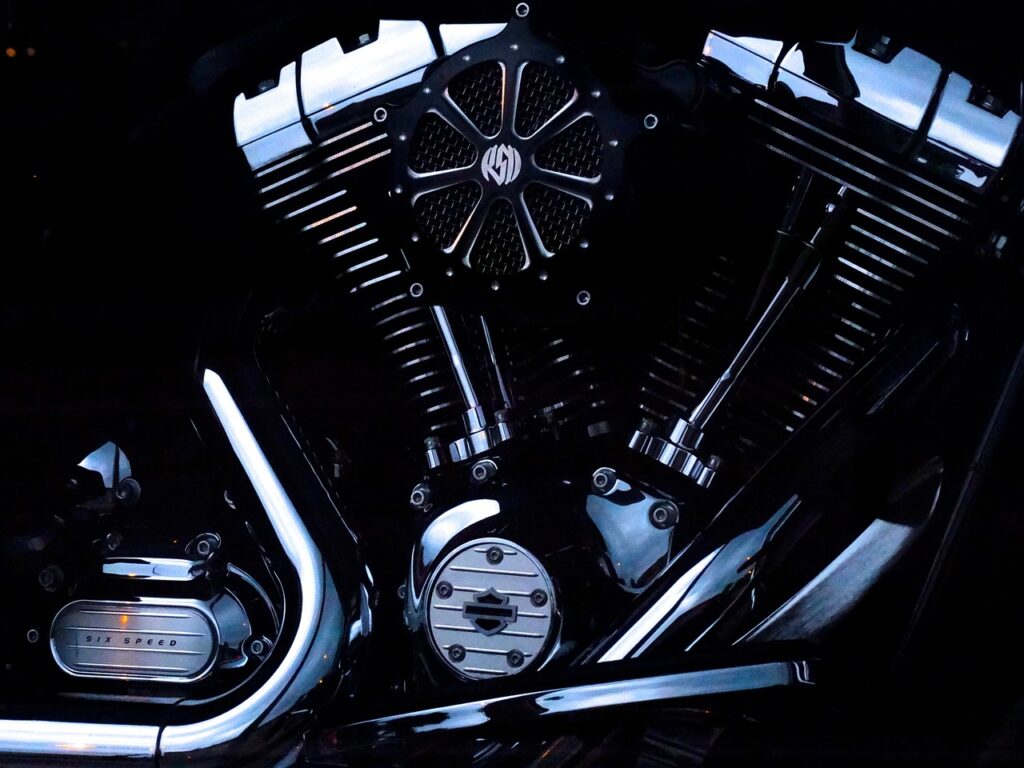Transportation is an essential part of human life. The development of engines has revolutionized the way we travel and made it faster, more efficient, and more comfortable. In this article, we will discuss the engine, its history, types, and how it works.
What is an Engine?
An engine is a machine that converts fuel into mechanical energy, which can be used to power vehicles, generators, or machines. Engines are found in various forms, including petrol engines, diesel engines, gas turbines, and electric motors.
History of Engines
The history of engines dates back to ancient times when steam engines were used to power boats and mills. The development of the internal combustion engine in the 19th century was a significant milestone in the history of engines. Since then, engines have been continuously evolving, becoming more efficient and powerful.
Types of Engines
There are several types of engines used in modern transportation, including:
Petrol Engines
Petrol engines, also known as gasoline engines, are the most commonly used engines in cars. They work by mixing fuel and air in a combustion chamber, which is then ignited by a spark plug to produce power.
Diesel Engines
Diesel engines are commonly used in trucks, buses, and heavy-duty equipment. They work by compressing air in the cylinder, which raises its temperature and ignites the fuel injected into the chamber.
Gas Turbines
Gas turbines are commonly used in airplanes and power plants. They work by using compressed air to spin a turbine, which in turn drives a generator to produce electricity.
Electric Motors
Electric motors are used in electric cars and other vehicles. They work by using an electric current to create a magnetic field that rotates a shaft, which produces mechanical energy.
How Engines Work
Advantages of Engines
Engines have several advantages, including:
Efficiency
Engines are more efficient than traditional steam engines, which waste a lot of energy.
Power
Engines are powerful and can produce a significant amount of energy, making them ideal for powering heavy machinery and vehicles.
Convenience
Engines are convenient to use and maintain, making them ideal for modern transportation.
Disadvantages of Engines
Engines also have some disadvantages, including:
Environmental Impact
Engines produce harmful emissions that contribute to air pollution and climate change.
Noise
Engines produce a lot of noise, which can be annoying and disruptive.
Maintenance
Engines require regular maintenance, which can be expensive and time-consuming.
Conclusion
Engines have played a significant role in modern transportation and have revolutionized the way we travel. While they have several advantages, they also have some drawbacks. As technology advances, new types of engines are being developed that are more efficient and environmentally friendly.
FAQs
1. What is the most commonly used engine in cars?
Ans. The most commonly used engine in cars is the petrol engine.
2. What is the four-stroke cycle?
Ans. The four-stroke cycle is a process used in petrol and diesel engines that includes intake, compression, power, and exhaust strokes.
3. What is the disadvantage of engines?
Ans. Engines produce harmful emissions that contribute to air pollution and climate change.
4. What is a gas turbine?
Ans. A gas turbine is an engine commonly used in airplanes and power plants that uses compressed air to spin a turbine, which in turn drives a generator to produce electricity.

